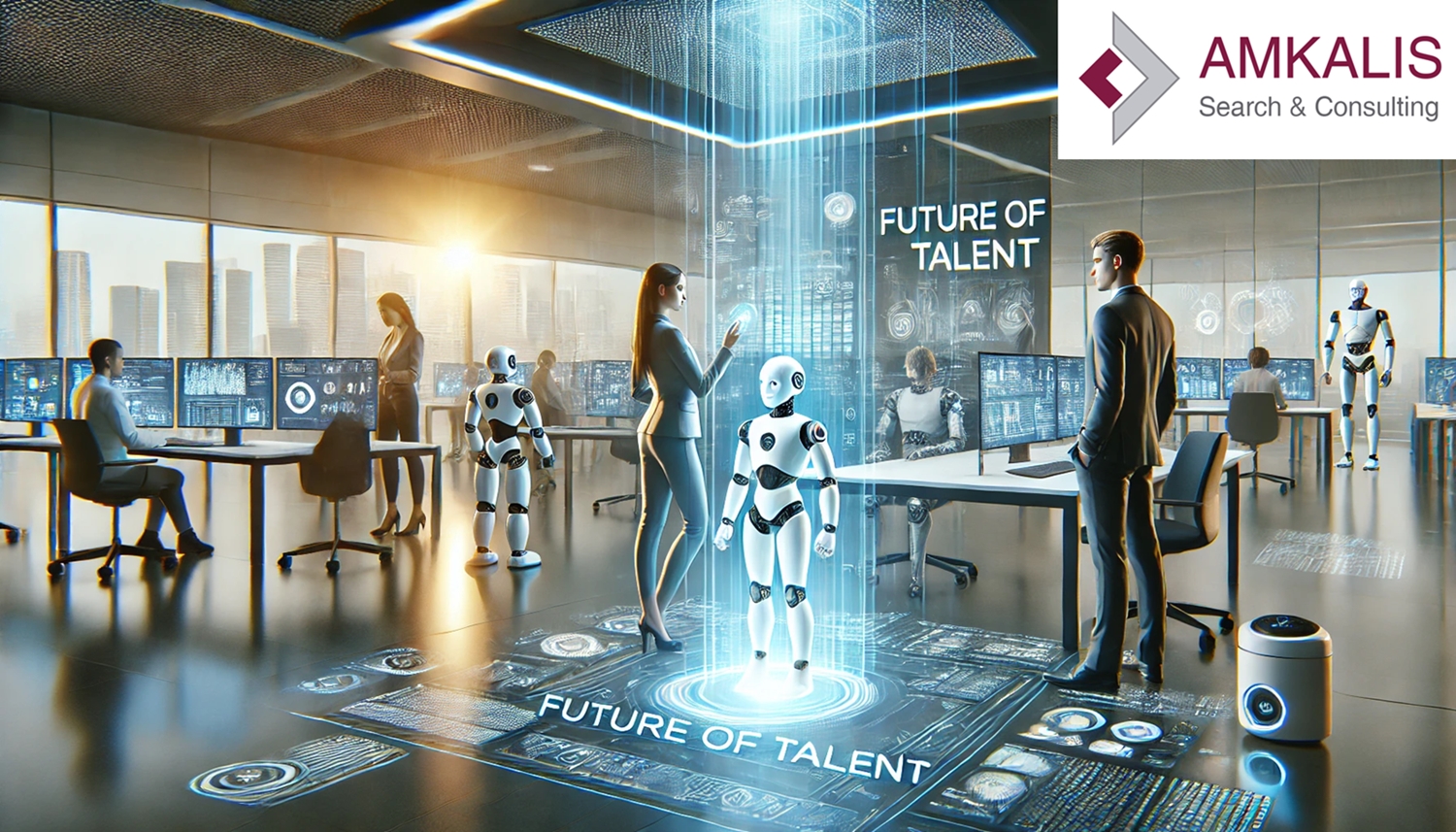🤖 Threat or evolution?
For decades, the same narrative: "robots will steal our jobs". But the truth —as always— is far more nuanced. Artificial intelligence and automation are not replacing human talent, they are transforming it.
Automation has become the new overachieving intern: doesn’t complain, never takes a break, and learns quickly. Yet, there’s a part of the script only humans can play: creativity, empathy, and strategic thinking.
🧠 New rules, new skills
The tech job market no longer just wants coders fluent in Python. Now it needs:
- Critical thinking to make decisions with data while keeping human judgement.
- Emotional intelligence, because machines still can't handle egos in meetings.
- Extreme adaptability, the kind that lets you learn a new tool before the algorithm changes again.
And of course, digital literacy is the baseline. Knowing how an AI model works is no longer optional — it's survival.
🏢 Companies are stepping up
Organisations are responding. It's not just about attracting talent anymore — it's about retraining the existing one.
Repsol, for instance, has launched AI training for over 4,500 employees — not just as a tool but as a work culture. Innovation is no longer the IT department's problem. It’s everyone's.
⚖️ What about the dark side?
It’s not all optimism. Job polarisation is real: some evolve, others are left behind. Automation may deepen divides if not paired with inclusive training policies.
But, as always, the future is not written yet. It depends on what we do today.
Conclusion
The talent of the future is not just more technical. It’s more hybrid. More human. More curious. And eager to work with AI, not against it.
The real challenge is not tech — it’s culture. Because at the end of the day, algorithms don’t innovate. People do.
🧾 Sources used
- World Economic Forum. The Future of Jobs Report 2025.
https://reports.weforum.org - Cadena SER. Repsol Puertollano digitises operations with AI supporting human talent.
https://cadenaser.com



